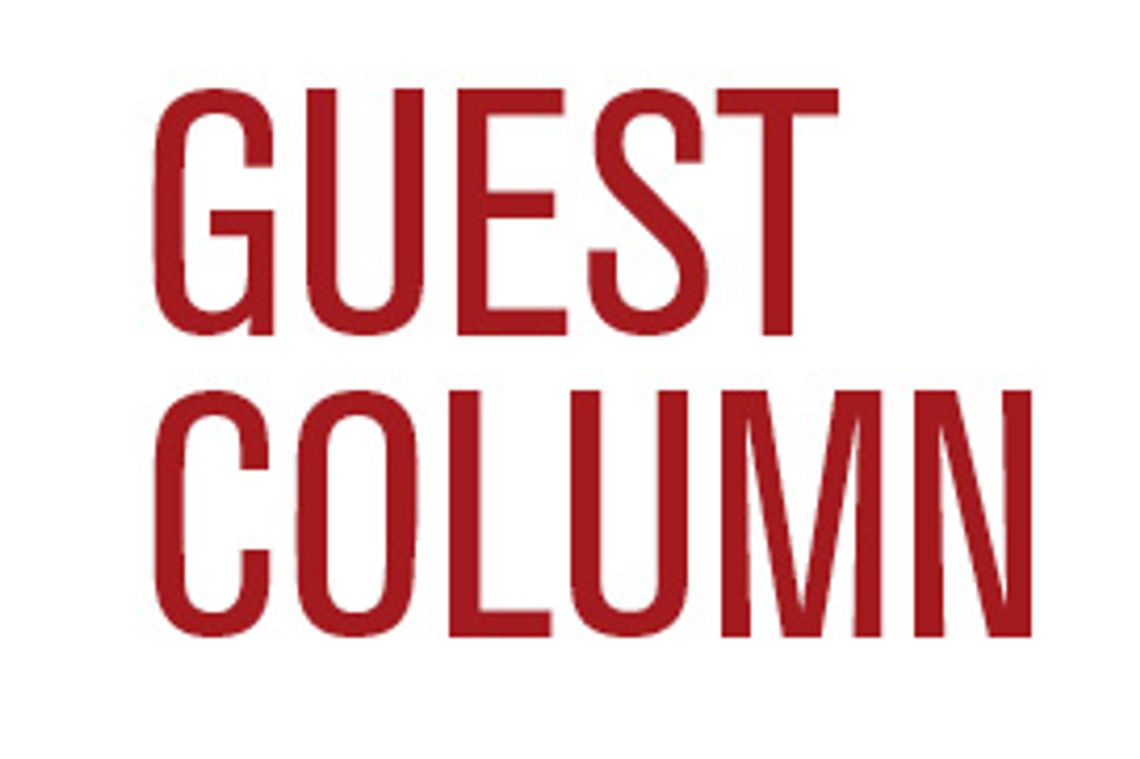When I began teaching at Hays High School in 2008, the Confederate flag had just recently been removed from the school. It would not be officially banned from the school until 2012, and the fight song would not be changed until 2016. Of the flag, the song, and the mascot, only the mascot remains, and its presence is getting harder to defend with each passing day.
Generally the defenders of the name Rebel use one of three justifications.
“It’s tradition.” The best traditions honor those who partake in them. Ceremonies that cease to have meaning, or those that honor one group while demeaning another, are left behind. In 1968, the year that Martin Luther King was assassinated and the country was gripped by civil strife, Hays adopted Dixie, the Confederate flag, and the Rebel mascot to represent us. Many traditions from that era are gone now. For example, we have moved on from Slave Day, a tradition in Hays HS where students were sold at auction, and no one mourns its passing. Tradition alone is not reason enough to cling to the Rebel mascot.
“Our mascot isn’t really a Rebel.” In recent years, Hays has changed the uniform of our sideline mascot to resemble a ranger, not a Confederate soldier. Why? The change in uniform is an acknowledgement that a Confederate soldier is no longer socially acceptable. But, a simple costume change does not change the fact that the Hays Rebels are named for Confederate soldiers. We do not show up to basketball games and tell the opposing team, “Yes, we’re the Rebels, but we’re not those rebels. We’re just sort of generic rebels, like James Dean or Luke Skywalker.” We can’t say that with a straight face, because the history of our school means that we are rebels like Robert E. Lee or Nathan Bedford Forest. Until we change the name, we are those Rebels.
“There’s nothing wrong with Rebels. The name doesn’t bother me or anybody I know, no matter what color they are.” This is an argument that is strongest in the heart of Kyle/Buda, and weakens as we leave our city’s walls. Whether our students go to Texas State or Harvard or the Army, they return with new eyes. “I can’t believe we used to play Dixie,” they say. “I can’t believe we waved that flag. I can’t believe we marched up and down in our Rebel uniforms and never thought about what it meant.” Symbols have meaning. There is a reason NASCAR and the Marines are both removing the Confederate flag from their apparel and their stadiums – they have an evolving awareness that the symbols they once embraced are not acceptable. The Marines are not suddenly snowflakes. They, like so many Americans, are having to answer legitimate questions about how they show the world their values. They are choosing to be more inclusive, more aware of their responsibilities to all Americans.
By embracing the name Rebels, by marching into other schools with “Rebels” on our uniforms, and by telling our students and ourselves that there is nothing problematic about this particular mascot, we are making a choice. We are choosing to ignore a brutal, unjust part of American history and culture, and in doing so we both deny and embrace institutional racism.
Some will say now is not the time to change. But if not now, when?
Do we wait until we are the last school in America to change our mascot?
Do we wait until our neighbors and friends kneel in protest just to get our attention?
Do we wait till a murder occurs in our town, a murder like the murders of Ahmaud Arbery or George Floyd, before we decide that now is the time to act?
The nickname Rebel is growing harder and harder to justify. We have already shed the Confederate flag, and we have shed Dixie. In doing so we have made our community a bit more welcoming. Institutional racism hasn’t evaporated, but our community has demonstrated that we know our actions matter, that we do care, and that we are willing to have honest discussions about who we are and who we want to be. Unless we have more compelling reasons to keep the name Rebel, now is the time to let it go.










